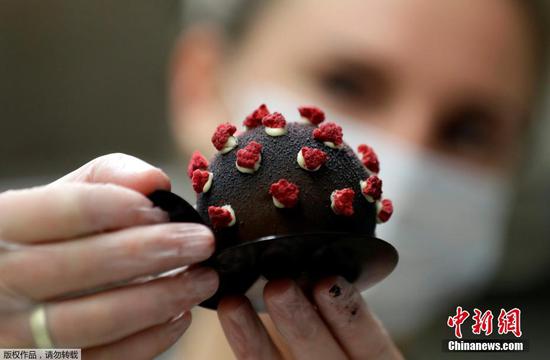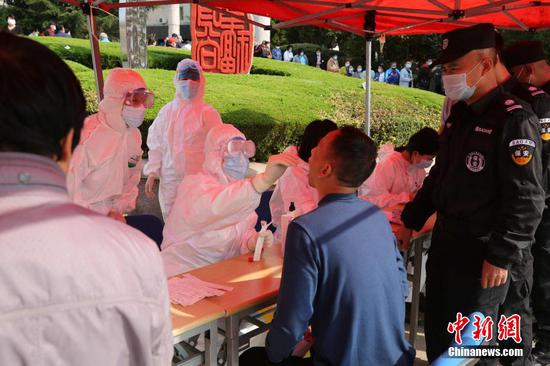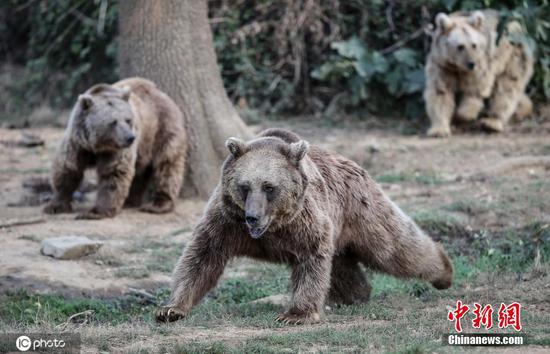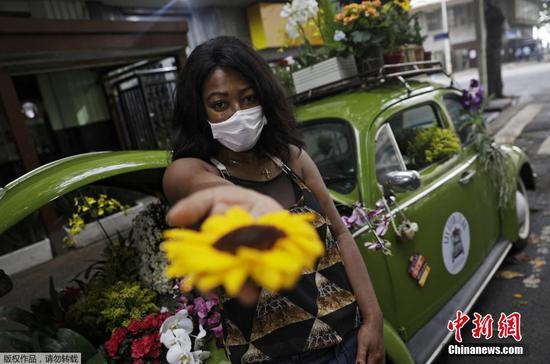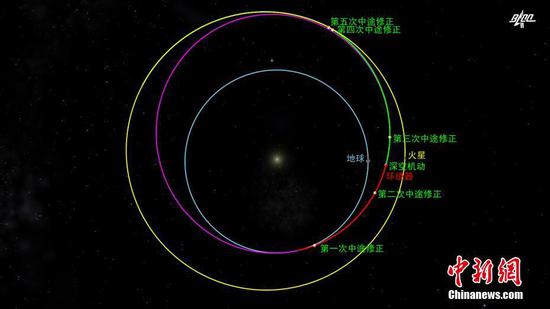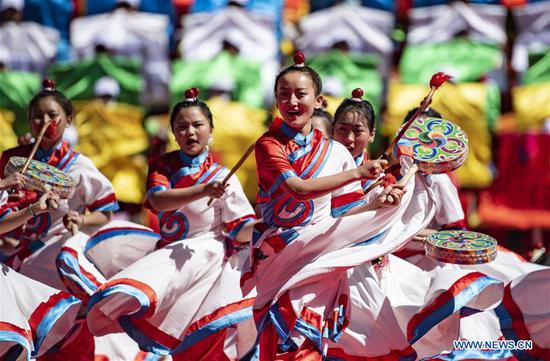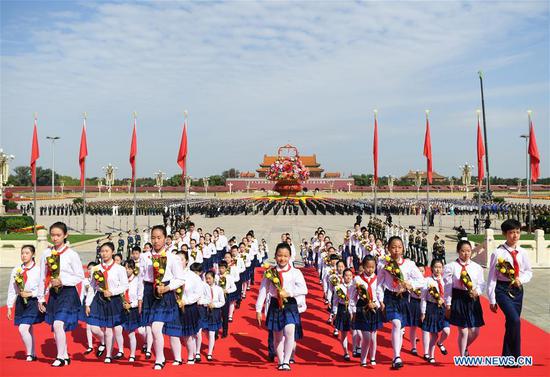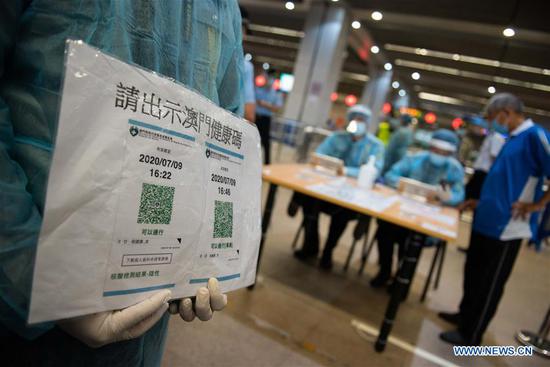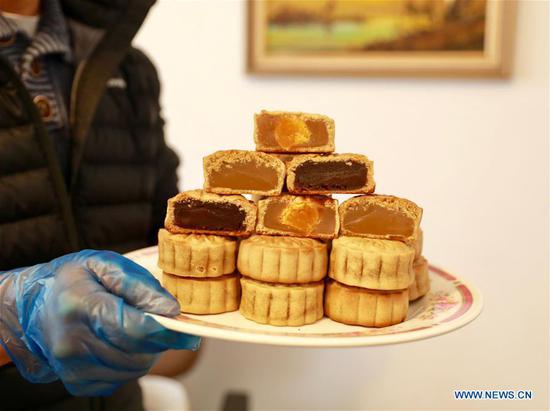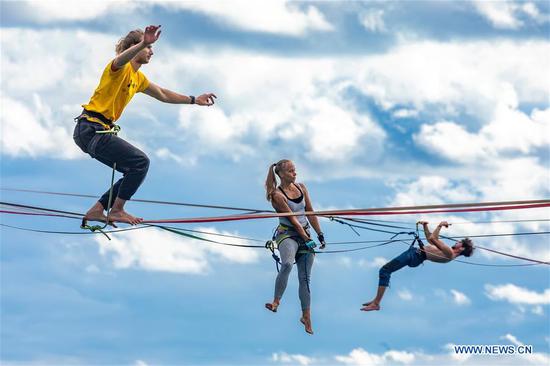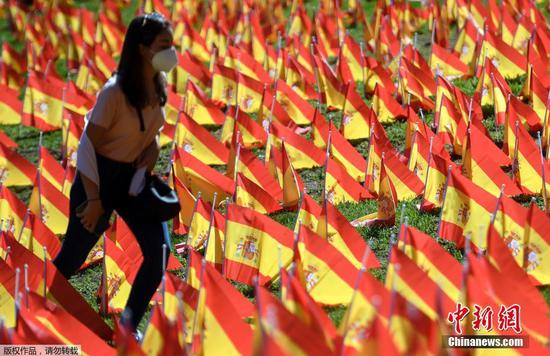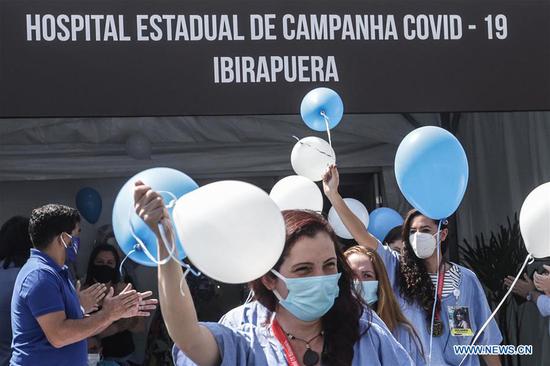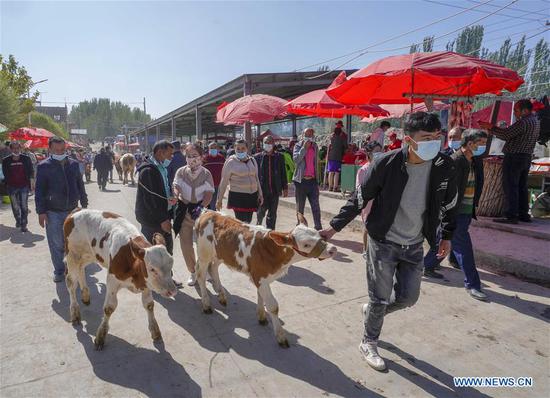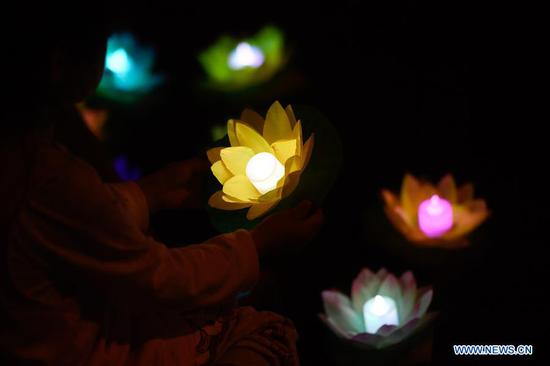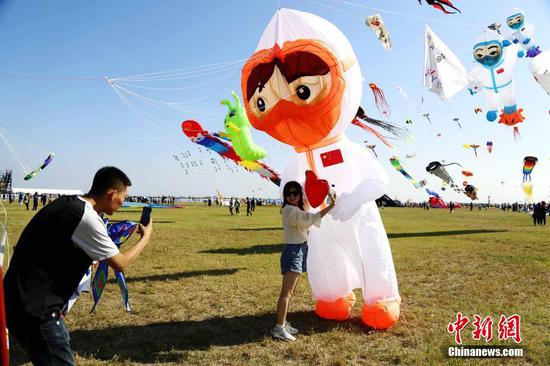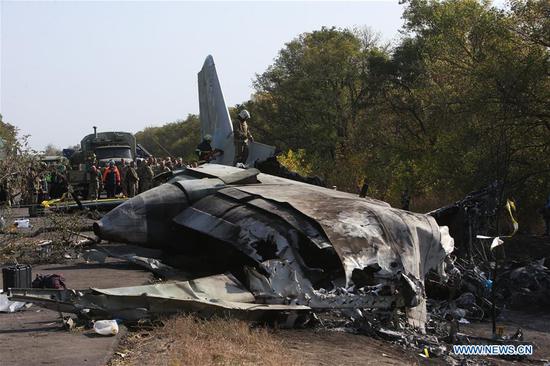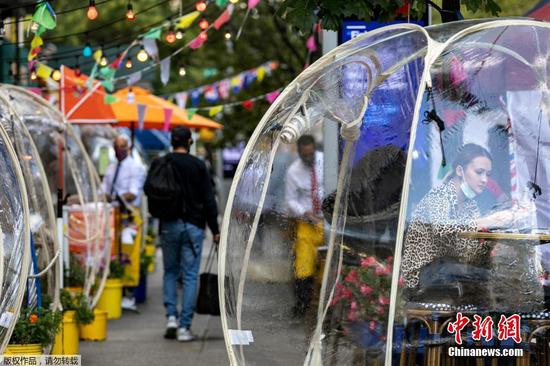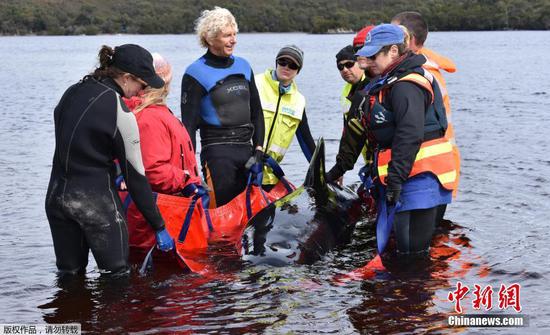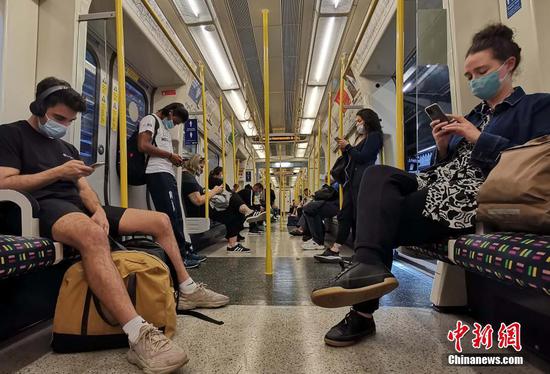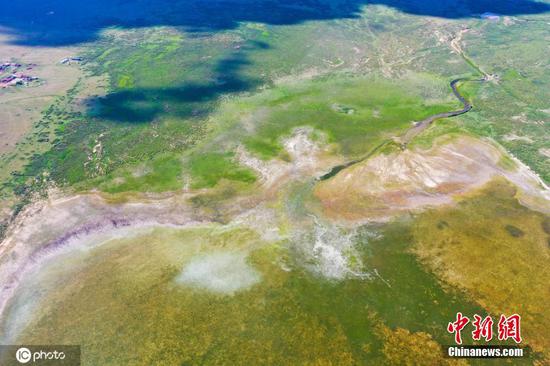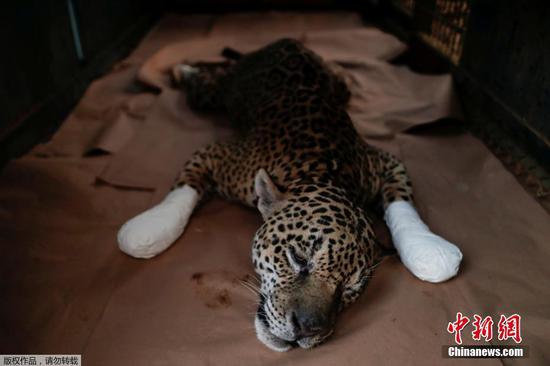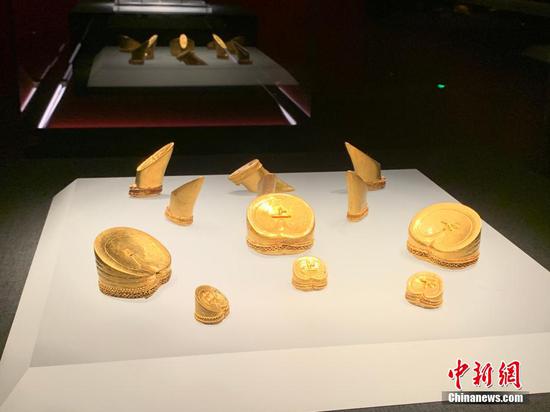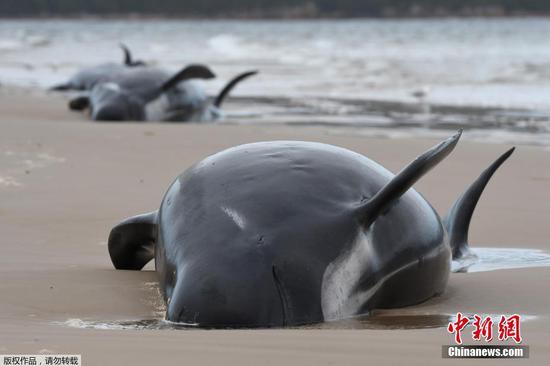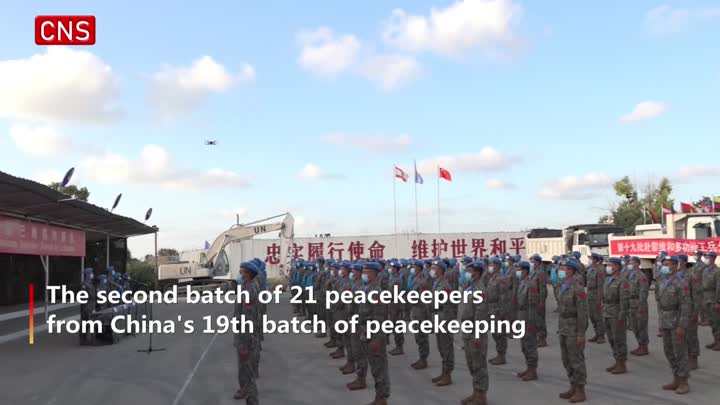South African scientists on Tuesday launched a clinical trial to test whether the childhood vaccine for measles, mumps and rubella (MMR) can protect frontline healthcare workers from COVID-19 or reduce the severity of illness for those who become infected.
The trials were launched by the South African scientists from the Universities of the Cape Town (UCT) and University of the Witwatersrand.
There is growing evidence suggesting that the MMR vaccine may have benefited beyond protecting against measles, mumps and rubella. It could broadly boost an individual's immunity and prevent infection from SARS-CoV-2 for a limited period.
"If we discover that the MMR vaccine can help train the body's immune response to SARS-CoV-2 infection, then we will have something to administer very quickly, while waiting for more specific vaccines and preventive therapies to be developed," said Professor Bruce Biccard, national co-principal investigator and second chairperson in the department of Anaesthetics at the UCT.
He said their approach is complementary to the search for specific SARS-CoV-2 vaccines.
"If the trial shows that the MMR vaccine can boost the body's immune response, we believe it also may enhance the effectiveness of vaccines currently in development to prevent SARS-CoV-2 infection," he said.
Biccard said similarities between the weakened viruses in the MMR vaccine and the SARS-CoV-2 virus that causes COVID-19 make them think the former could work.
Sinead Delany-Moretlwe, one of the trial's national principal investigators from the Wits Reproductive Health and HIV Institute, said since the MMR vaccine also carries small amounts of live, weakened viruses, it could train the body's immune system to fight multiple pathogens.
The scientists said each participant will be followed for five months, and the entire trial is expected to last about a year. They are recruiting over 5,000 South African healthcare workers for the trial.









